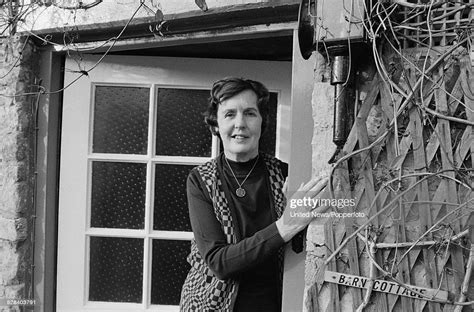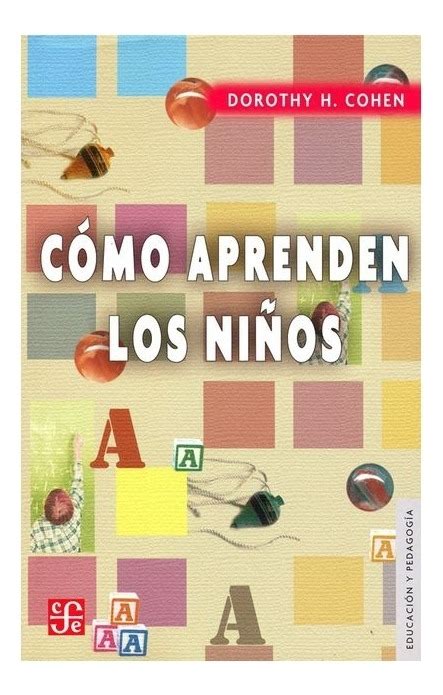A Quote by John Cameron Mitchell
The things that interest me are less to do with perhaps finding myself and more to do with surviving and mercy and forgiveness.
Related Quotes
There are definitely things about acting that have helped me growing up and finding myself, but there are also things that make it a bit more difficult. I guess I do allow myself to explore more when I know that, at the end of the day, if I really wanted to, I could just play a different person all day and be fine with that.
There is a strength, a power even, in understanding brokenness, because embracing our brokenness creates a need and desire for mercy, and perhaps a corresponding need to show mercy. When you experience mercy, you learn things that are hard to learn otherwise. You see things you can't otherwise see; you hear things you can't otherwise hear. You begin to recognize the humanity that resides in each of us.
Finding a way to extend forgiveness to ourselves is one of our most essential tasks. Just as others have been caught in suffering, so have we. If we look honestly at our life, we can see the sorrows and pain that have led to our own wrongdoing. In this we can finally extend forgiveness to ourselves; we can hold the pain we have caused in compassion. Without such mercy, we will live our own life in exile.
If we can find forgiveness in our hearts for those who have caused us hurt and injury, we will rise to a higher level of self-esteem and well-being. Some recent studies show that people who are taught to forgive become 'less angry, more hopeful, less depressed, less anxious and less stressed,' which leads to greater physical well-being. Another of these studies concludes 'that forgiveness ... is a liberating gift [that] people can give to themselves.'
I think when somebody seeks mercy and forgiveness and means it, and I was with [Donald Trump] the entire time, including when he learned about this, people ought to think about that. They ought to think about when somebody asks you for forgiveness contrite and for mercy - are you willing to give it?




































